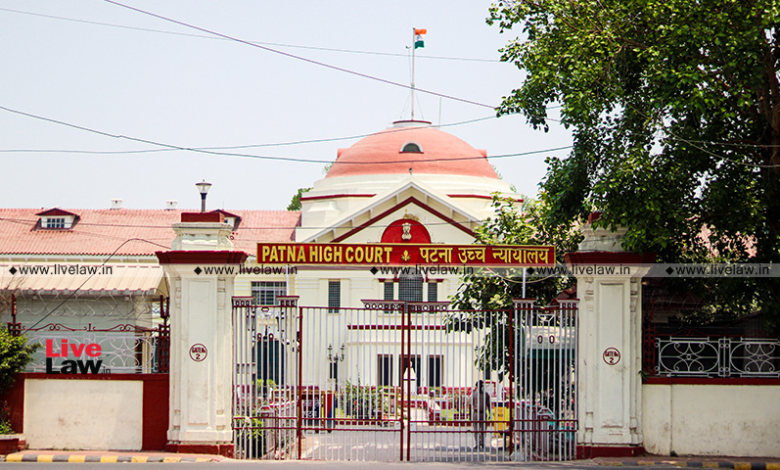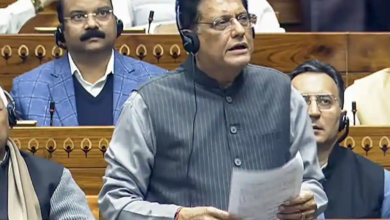Supreme Court Upholds Patna High Court’s Decision Against Bihar’s Increased Reservation Quota

News Mania Desk/Agnibeena Ghosh/29th July 2024
In a significant legal development, the Supreme Court on Monday declined to stay the Patna High Court’s order, which had annulled the Bihar Government’s decision to increase reservations in government jobs and educational institutions from 50% to 65% for backward classes. This refusal marks a pivotal moment in the ongoing debate over reservation policies in India.
A three-judge bench, led by Chief Justice of India D Y Chandrachud, along with Justices J B Pardiwala and Manoj Misra, announced that while they would hear the petition in September, they would not provide any interim relief by staying the Patna High Court’s June 20, 2024, order. The Bihar Government, represented by Senior Advocate Shyam Divan, had sought a stay, referencing a similar interim order in a related case in Chhattisgarh. However, CJI Chandrachud noted that the High Court found that 68% of civil service positions were already occupied by reserved candidates, reinforcing the complexity of the issue.
Divan argued that the matter might need to be escalated to a larger bench, emphasizing the necessity for a well-considered interim arrangement. Despite his arguments, the Supreme Court maintained its stance, stating, “We will simply grant leave and hear the matter.” This response indicates that the Court is prepared to delve deeper into the case but is unwilling to alter the current status quo.
In a minor concession, the bench agreed to modify the order to specify that there would be “no interim relief at this stage.” This subtle change underscores the Court’s cautious approach, balancing between immediate judicial intervention and thorough deliberation.
Senior Advocate Aparajitha Singh, representing the NGO Youth For Equality, supported the High Court’s decision, highlighting that the law led to exclusion. This perspective aligns with the High Court’s ruling, which emphasized that increasing the reservation quota infringes upon the right to equality. The case’s background is rooted in the Bihar Government’s November 7, 2023, decision to raise the reservation quota to 65%. Including the 10% quota for Economically Weaker Sections (EWS), the state’s total reservation effectively reached 75%.
The division bench of Patna High Court, comprising Chief Justice K Vinod Chandran and Justice Harish Kumar, struck down the government’s notifications. The bench declared the move unconstitutional, asserting that it violated the principle of equality. This decision was prompted by a petition from Nalanda resident Rakesh Kumar and others, challenging the expanded reservation policy.
The Supreme Court’s refusal to grant interim relief underscores the ongoing tension between state policies aimed at social justice and the constitutional mandate for equality. The Bihar Government’s attempt to increase reservation quotas is part of a broader effort to address historical injustices and provide more opportunities for backward classes. However, such measures often face legal challenges, questioning their alignment with constitutional provisions and their impact on the rights of other citizens.
As the Supreme Court prepares to hear the case in September, the outcome will likely have significant implications for reservation policies across India. The decision will address fundamental questions about the balance between affirmative action and equality, setting a precedent for future cases. In the meantime, the legal and political communities will closely watch how the Court navigates this complex issue, reflecting broader societal debates about social justice and constitutional rights.






